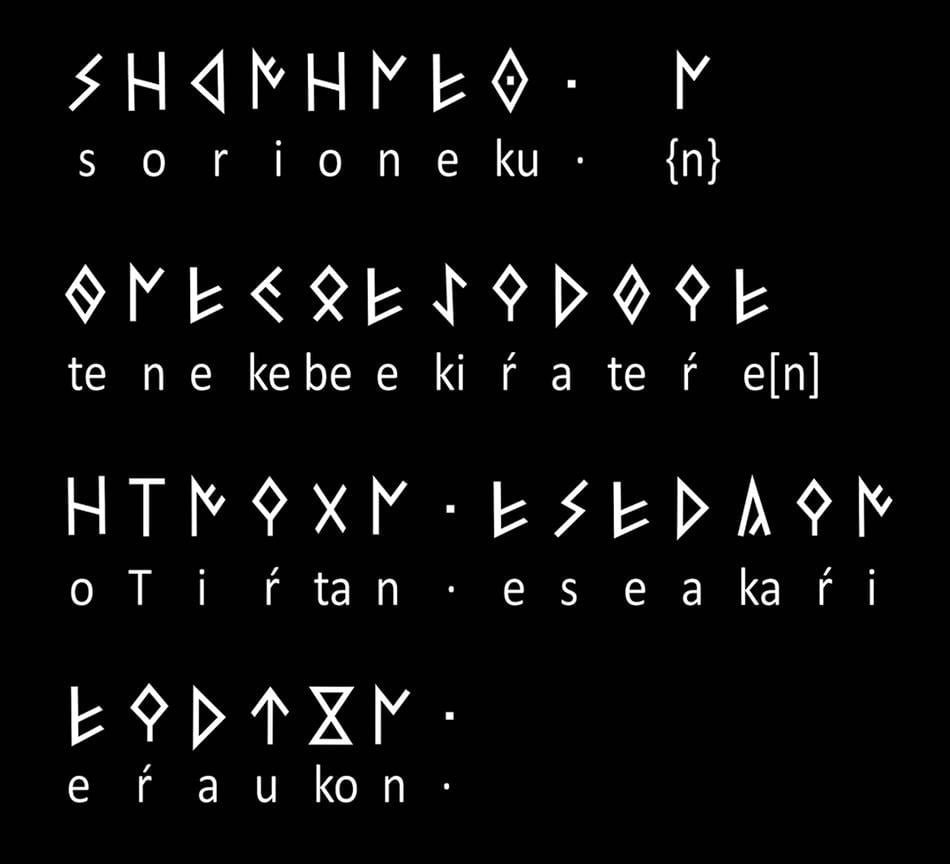Archaeologists from the Aranzadi Society of Sciences found the artifact in 2021, During the excavations at the base of Castillo de Irulegiko Gaztelua, near Pamplona, Spain.
 A closeup of the ‘Hand of Irulegi’. Credit: Nafarroako Gobernua – CC BY-SA 3.0
A closeup of the ‘Hand of Irulegi’. Credit: Nafarroako Gobernua – CC BY-SA 3.0
The amazing artifact, known as the ‘Hand of Irulegi,’ is thought to be over 2000 years old and originated from the Vascon people in the 1st century BCE.
The inscriptions on it have just recently been identified as Basque, making this hand the first written evidence of the language.
“This hand and the text written on it is the first direct testimony we have received from the Vascon people. It is the first and so far the only time that we have had the opportunity to hear their voice directly,” said Maria Chivite, the regional president of Navarre.
 Credit: The Aranzadi Society of Sciences
Credit: The Aranzadi Society of Sciences
It is believed that the hand may have been hung from a door, to give protection for the house.
The new study on the Hand of Irulegi has found five Vasconic words across 40 characters. The first word is sorioneku, which sounds similar to the Basque word “zorioneko,” a word that means “good fortune.” The term is followed by four other words whose meaning is obscure. The text can be transliterated as:
sorioneku · {n}
tenekebeekiŕateŕe[n]
oTiŕtan · eseakaŕi
eŕaukon ·
“This piece turns upside down what we thought about the Basques and writing. We were almost convinced that the Basques were illiterate in ancient times and did not use writing, nothing more than to mint some coin,” stated Joaqun Gorrochategui, Professor of Indo-European Philology at the University of the Basque Country.
The Vascones were a pre-Roman tribe. The earliest mention of the Vascones people dates to 1st century CE, in the form of a list of Basque cities based on a map commissioned by Caesar Augustus. Until now, no written texts had ever been found from the Vascones, and definitely no written evidence of their language, Proto-Basque, which shares linguistic similarities to modern Basque.





